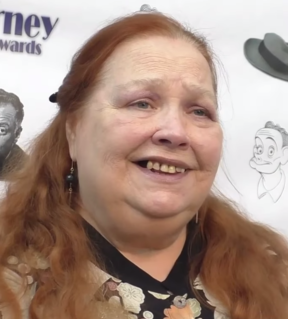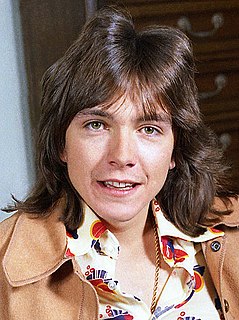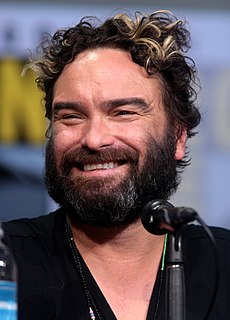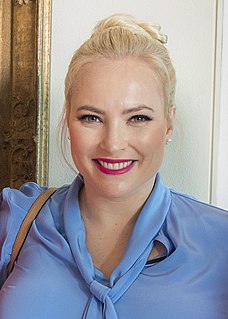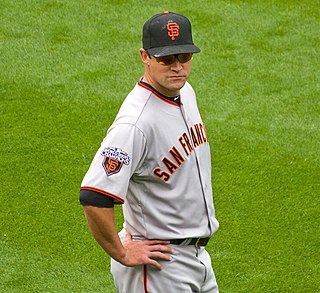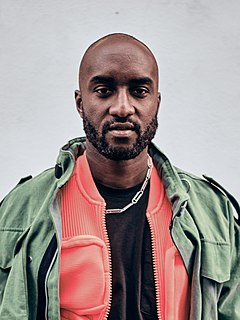A Quote by Conchata Ferrell
Certainly Roseanne Barr has power, but it seems like it's more acceptable to be heavy if you're lower middle class and blue collar.
Quote Topics
Related Quotes
Organization for action will now and in the decade ahead center upon America's white middle class. That is where the power is. ... Our rebels have contemptuously rejected the values and the way of life of the middle class. They have stigmatized it as materialistic, decadent, bourgeois, degenerate, imperialistic, war-mongering, brutalized and corrupt. They are right; but we must begin from where we are if we are to build power for change, and the power and the people are in the middle class majority.
When I'm talking about the white working class, here's what I'm defining: high school degree, no more, and working in a blue-collar job or a low-skilled service job. When I'm talking about the white, upper-middle class, I'm talking about people who work in the professions or managerial jobs and have at least a college degree.
